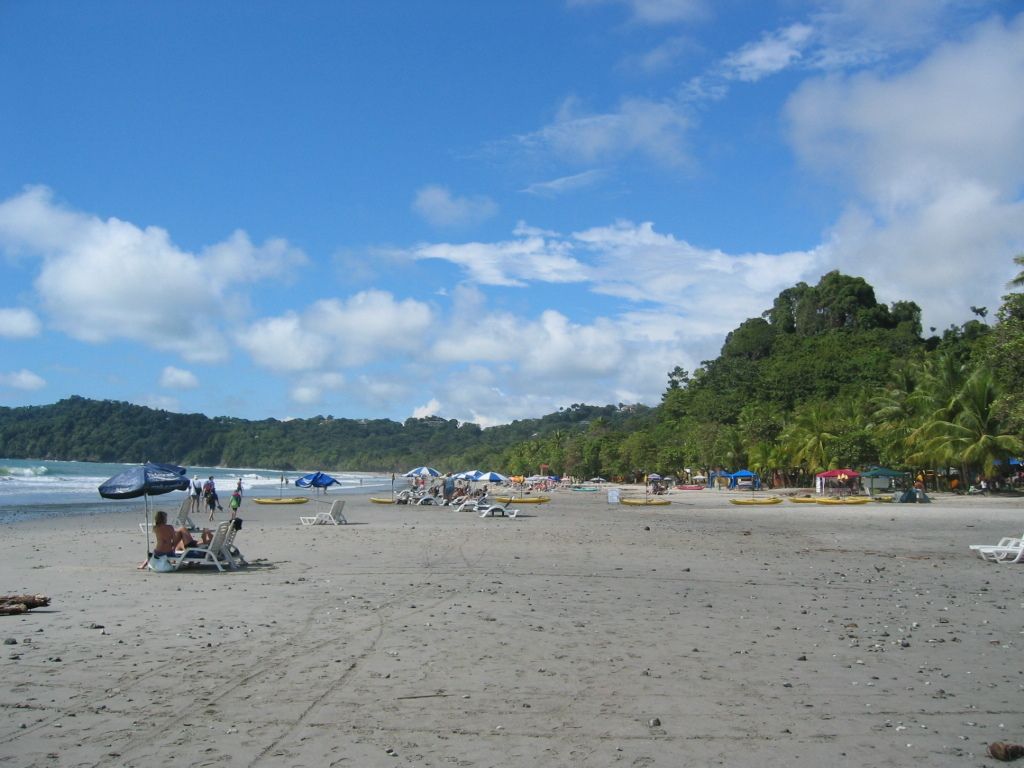Electricity Tricolor Offering Greater Competition than U.S. Supply
Hear, Hear! French Electricity Beats the U.S. According to EDF Boss, Luc Rémont
(Illustration by peterschreiber.media - Adobe Stock) By Kevin Comby in an informal chat
Cockerel's crowing. French electricity, apparently, tops the American-produced juice, claims EDF CEO Luc Rémont this April 22. The bods in industries, heavy hitters in energy consumption as they are, continue to moan about the hefty electricity rates. But Luc Rémont, dismissing them as the cause for France's pale economic competitiveness, assures that electricity in France is the cheapest in Europe and soon to dip below American prices. According to 20 Minutes.
"Electricity, I guarantee it's the most competitive in Europe today and that compared to the United States [...] today, except for two or three states, but tomorrow for all American states, our electricity will be more competitive," he said bullishly.
The Senate's inquiry commission on public aid to large companies, chaired by LR Senator Olivier Rietmann, has audited Luc Rémont. He's set to exit his post in a fortnight. Bernard Fontana, Framatome's general director, is stepping in to quell months of feud between EDF and industries. These energy-hungry chaps who negotiate long-term contracts with EDF decried the high electricity rates that supposedly crippled their competitiveness.
Find this app to slash your electricity bills? Here's a hint: 60 euros per MWh
Facing accusations from industries, Luc Rémont stood his ground in justifying the current rates. With the price of an MWh on wholesale markets for 2026 around 60 euros, it's barely enough to cover production costs for the nuclear fleet. So, for the CEO, it's not EDF's job to shoulder the heat of surging gas prices, often imported to Europe from Russia, Norway, or the U.S.
"We're not going to start subsidizing French industries that are 90% gas-powered," he declared defiantly, risking accusations of monopolistic practices by competition authorities. If Payday Loans industries think they can pressure EDF into padding their wallets with subsidies via electricity prices, they've got another think coming.
"That won't happen. They can dream it up, even with another CEO, it won't happen," he warned.
Quick Fact Check:- A Megawatt-hour (MWh) is the unit of energy equal to one megawatt (MW) in power continuously consumed or produced for one hour.
Digging Deeper...
The claim of EDF CEO Luc Rémont that French electricity is enormously competitive deserves a closer look from different angles, encompassing costs, market competitiveness, and energy sources.
Cost and Competitiveness
- Cost Comparison: In Europe, the prices for electricity have typically been on the pricey side due to factors such as carbon pricing and taxes. While the European Union's carbon pricing mechanism, Emissions Trading Scheme (ETS), inflates electricity prices compared to the U.S., which lacks a nationwide carbon pricing system, it offsets this by facilitating renewable energy growth [1].
- Market Competitiveness: Competitiveness goes beyond mere cost. It hinges on the market environment, innovation, and resilience. Despite improvements in manufacturing competitiveness, France trails the U.S. in tech innovation and investment [2]. This gap can impact long-term competitiveness and attractiveness in the energy sector.
- Energy Sources: France has a nuclear power advantage, providing a low-carbon source of electricity. While this may engender environmental competitiveness, it doesn't necessarily result in cheaper rates compared to the U.S.'s diverse energy mix, which includes inexpensive natural gas and growing renewable energy sectors [3].
- The CEO of EDF, Luc Rémont, asserts that the electricity in France is the cheapest in Europe and is expected to fall below American prices, a claim contested by industries complaining about high electricity rates.
- In defense of the current electricity rates, Luc Rémont points out that the cost of a Megawatt-hour (MWh) on wholesale markets for 2026 is around 60 euros, barely covering the production costs for the nuclear fleet.
- Luc Rémont has been accused of monopolistic practices, as energy-heavy industries pressurize EDF to reduce electricity rates, which they argue negatively impacts their competitiveness.
- France's advantage in nuclear power as a low-carbon source of electricity does not guarantee cheaper rates compared to the U.S.'s diverse energy mix, which includes inexpensive natural gas and growing renewable energy sectors.






